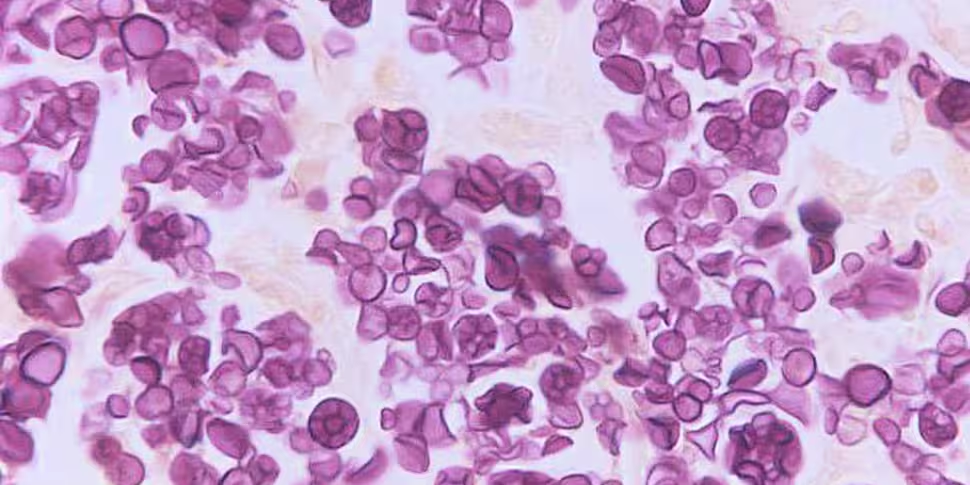It is claimed a new drug has extended the lives of people with advanced pancreatic cancer.
The trial of IMM-101 also saw an improvement in several quality of life scores, according to the European Society for Medical Oncology (ESMO).
The results were reported at the ESMO World Congress on Gastrointestinal Cancer in Barcelona.
It found the three most important issues for patients with pancreatic cancer are quality of life, extending life and managing symptoms.
"Although existing treatment options could extend survival, this may be at the expense of (quality of life)", ESMO says.
The research team, from the St George's University of London, say the combination of IMM-101 plus chemotherapy drug gemcitabine maintains - and may actually improve - certain aspects of quality of life, compared to chemotherapy alone.
Patients with advanced pancreatic cancer were randomly assigned to receive IMM-101 and gemcitabine.
They were then asked to complete a questionnaire - which included five functional scales (physical, role, cognitive, emotional, and social functioning), three symptom scales (fatigue, pain and nausea), a global health status scale and single items (dyspnoea, appetite loss, constipation, diarrhoea, insomnia, financial impact).
"It is absolutely staggering"
Results showed that patients receiving IMM-101 together with gemcitabine did not suffer from a deterioration in quality of life, and "clinically meaningful overall improvements in several parameters".
The authors concluded that significant survival benefits in patients with advanced pancreatic cancer treated with IMM-101 plus gemcitabine were not accompanied by deterioration in quality of life.
Instead, patients reported an improvement in scores, extending survival while maintaining or improving their quality of life.
Professor Angus Dalgeish, who led the research told The Guardian the drug worked on the immune system without any toxic effects.
"That's never been seen before. You always add toxicity and misery in my experience with each additional thing you put in.
"This is the first time we have got an immunotherapy that is a really good candidate to help control pancreatic cancer, which is one of the biggest killing diseases.
"Its incidence nearly matches its mortality. It is absolutely staggering."









